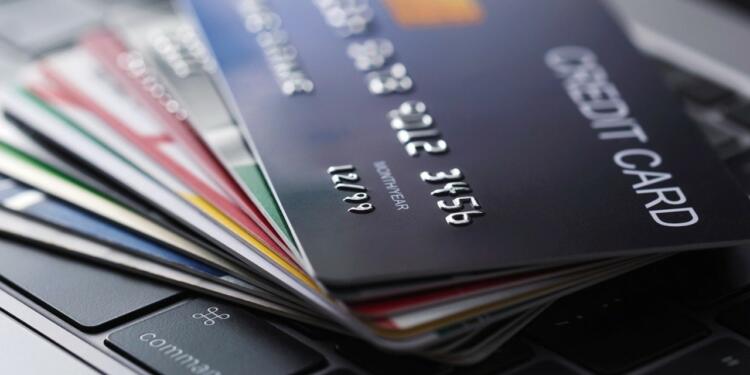Credit cards can be the ultimate solution to short-term financial challenges. But, depending on your usage, it can be an asset or a liability. Not repaying the borrowed amount by the due date can add to your financial worries. However, timely repaying the bills can work wonders for you and even boost your credit score. Today, there are various types of credit cards on the market. Here are some decisive factors in choosing the best credit card in India. Let’s talk about it.
Choosing the right credit card to reward you for your purchases is crucial. For example, it’s best to choose a travel credit card if you are a frequent traveller. It’ll help you earn extra miles, hotel discounts, restaurant deals, etc. All these expenses are a part of your lifestyle, and paying as low as possible makes sense. In this case, you will save a substantial amount by choosing a travel credit card.
Similarly, there are other types of credit cards catering to different needs. Choosing the right credit card is critical to making the most of your credit card purchases. Read on to learn how to choose the best credit card in India.
Tips For Choosing The Best Credit Card in India
There’s no single rule of thumb for deciding the best card. Instead, there are multiple factors to be considered. The right credit card can vary based on your shopping interest, habits, repayment capacity, eligibility, etc. Here are some decisive factors in choosing the best credit card in India.
1. Evaluate Your Credit Score And History
The first and most important thing to do to find the right credit card is to evaluate your credit score and history. It is crucial to find your credit score to check your eligibility for different credit cards. Many premium credit cards have minimum credit score criteria for users. There are various ways to check your credit score and history. You can easily find an online portal to check the score. A credit score of over 750 points can make you eligible for most credit cards. However, one must meet other eligibility criteria for different credit cards to obtain the same.
2. Analyse Your Spending Habits
It would help you analyse your historical spending habits to find the appropriate credit card. As we have already discussed, different credit cards have varied reward mechanisms. Are you planning to use credit cards for online shopping? Do you travel frequently? Do you use credit cards for managing business expenses? These common questions will help you figure out the right card. If you own a credit card, it’s best to check your past statements to analyse shopping trends.
3. Evaluate The Costs
There are different costs associated with a credit card, including interest rates, joining fees, annual fees, penalties, etc. All these costs must be factored in before choosing a credit card. Many credit cards do not charge a joining fee; the annual fees are also reversed once you reach a payment threshold. If you want to build credit, it’s best to reduce these costs and choose an affordable card. However, if you have specific goals, compare these costs against the benefits offered to make a prudent choice. Choosing a credit card with a low-interest rate is crucial if your repayment capacity is not high.
4. Be Mindful Of The Rewards Offered
Earlier, the demand for credit cards was relatively lower. However, today, it has grown exponentially. As a result, the competition in the credit card industry has increased multiple folds. Credit card companies are trying their best to gain new customers by offering lucrative discounts, rewards, and other benefits. Different credit cards have varied uses. It’s best to compare the advantages and explore the right fit for you. The best credit cards offer signup bonuses. Always be on the lookout for signup bonuses; they can be very rewarding.
5. Credit Limit
Different credit cards can have varied credit limits. However, it’s primarily contingent on the borrower’s credit profile and repayment capacity. Many credit card companies might have strict policies for approving a credit limit. As a result, you might get a lower credit limit. It’s best to compare the credit limit offered by multiple credit card companies. Choose a sufficient limit based on your financial needs. Going overboard on the credit limit can be a shortcut to a debt trap. You must factor in the income, expenses, and debt obligations to choose the right credit limit.
Final Words
These were some of the most crucial factors to consider while choosing a credit card. Analysing your spending habits can help you find the right credit card which matches your lifestyle. It’s a great way to reduce expenses without cutting down on privileges. So, choose the best credit card in India for maximum savings!
Also Read: FID (Financial institutions duty) Loans State Bank of India (SBI)



























